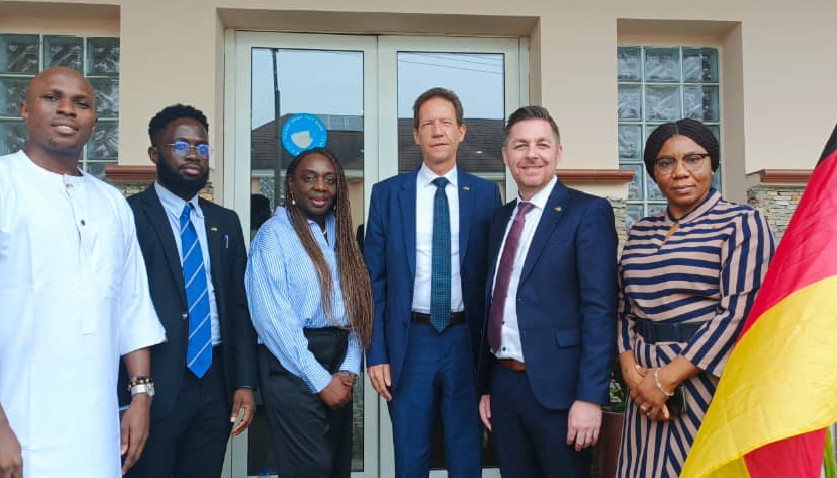
The Consul General of the Federal Republic of Germany to Nigeria, Weert Börner, has highlighted the resilience and success of German companies operating in Nigeria, even amid the challenging economic and business conditions.
Addressing recent statistics and developments, Börner emphasised that the strong adaptability and commitment of German enterprises have led to a thriving partnership between the two nations.
The Consul General stated this yesterday at a press conference to announce the 11th German-Nigerian Business Forum and the 12th West African Clean Energy and Environment Trade Fair and Conference (WACEE), scheduled to take place from October 7 to 9, 2024 in Lagos.
According to Börner, approximately 90 German companies are actively operating in Nigeria, with more companies committed to expanding their presence despite the challenges, aiming to boost local production and contribute significantly to the country’s economic growth.
He said most of these companies are led by Nigerians and employ almost exclusively Nigerian workers. He noted that this localisation strategy, combined with the adaptation of their product portfolios to suit the nation’s market, has been a key factor in their success.
“German companies offer good jobs for Nigerians and provide vocational training for young Nigerians. They are investing in Nigeria, building factories, and adapting their business models to the local conditions,” Börner added.
He emphasised that the economic ties between Nigeria and Germany remain robust, with a yearly trade volume of $3 billion in 2022-2023, of which $2 billion represented Nigerian exports to Germany, predominantly crude oil and oil products, while $1 billion consisted of German exports to Nigeria, mainly machinery, chemicals, and food products.
Börner acknowledged the trade imbalance but noted ongoing efforts to diversify and involve more Nigerian companies in the German and broader European markets.
However, despite the successes, Börner admitted that the Nigerian business environment poses significant challenges, facing multiple taxation, currency exchange issues, and bureaucratic hurdles. But he highlighted the flexibility and resilience of German small and medium-sized enterprises (SMEs), which have successfully adapted to these conditions.
Also speaking, the Delegate, Delegation of German Industry and Commerce in Nigeria, Timo Pleyer, said German companies are increasingly viewing Nigeria as a viable destination for manufacturing and production, despite the challenges posed by the local business environment.
According to Pleyer, there is growing optimism among German firms about the long-term prospects in Nigeria, particularly considering opportunities presented by the African Continental Free Trade Area (AfCFTA).
He emphasised that the delegation’s mandate is to encourage German companies to extend their production to Nigeria, stressing that increasing local production and manufacturing is key to addressing some of the challenges faced by the country and contributing to economic growth.
Pleyer noted that the conference will draw experts from both Germany and Nigeria to share their experiences, discussing how best to integrate sustainable practices into the country’s broader development agenda.
The Project Manager, Competence Center Energy and Environment, Delegation of German Industry and Commerce in Nigeria, Hillary Elegeonye, said the WACEE, which will take place in October 8 and 9, will propel green economy investments in Nigeria and highlight the critical sectors of clean energy, circular economy, and water management.
Elegeonye said Nigeria is at a stage where energy is a major topic due to significant energy issues, including low energy access and heavy reliance on fossil fuels, noting the conference importance in addressing the country’s pressing energy and environmental challenges.
He said the theme: “Sustainability Showcase: Stimulating Green Economy Investment,” underscores the event’s goal of attracting investments into Nigeria’s green economy and contributing significantly to sustainable future development for Nigeria and the wider West African region.






